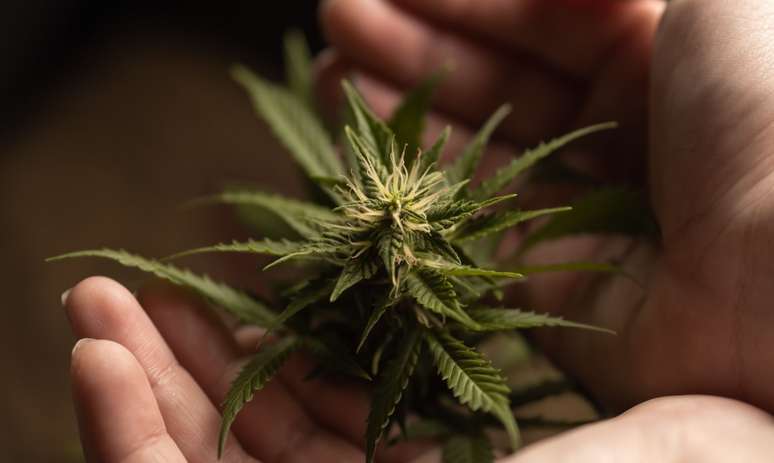A study published in the journal JAMA Network detailed the effectiveness of medical cannabis in reducing symptoms of anxiety and depression
In recent years, medical cannabis has gained prominence in the healthcare field. This is due not only to its applications in relieving chronic pain and treating physical conditions, but also to its potential positive impact on mental health.
A study published in the Journal of the American Medical Association (JAMA) showed that the use of medical cannabis can provide a 60% reduction in anxiety symptoms, a 50% reduction in depression symptoms and a 25% reduction in burnout .
Increased demand for medicinal cannabis
For João Paulo Cristofolo Jr., doctor and founding member of the CONAES Brasil Medical Education Group, the search for alternative and complementary treatments has grown significantly in recent years. This reflects a change in public perception and interest in cannabis for medicinal purposes.
“We are seeing a significant increase in the number of patients interested in exploring the potential benefits of cannabis for a variety of conditions. Including chronic pain, insomnia and psychiatric conditions such as anxiety and depression,” says the expert.
This increase, he said, reflects a broader trend observed in medical practice. In this sense, medicinal cannabis has been used as a potential therapeutic option for patients who have not been successful with conventional treatments. Or even those looking for alternatives with more favorable side effect profiles, she explains.
How cannabis works in mental health cases
João Paulo explains that cannabidiol (CBD), one of the main components of cannabis, interacts with the body’s endocannabinoid system, which plays a role in regulating mood, sleep and stress response.
Clinical and preclinical studies suggest that CBD may help reduce anxiety in conditions such as generalized anxiety disorder. One of the proposed mechanisms involves the modulation of serotonin levels, a neurotransmitter that plays a central role in mood regulation.
Additionally, unlike many conventional anxiolytics, CBD does not appear to cause addiction or significant side effects, making it an attractive option for patients.
The difference between traditional treatments
Patients diagnosed with anxiety, depression and other mental health conditions are often prescribed traditional anxiolytics, such as benzodiazepines.
These, according to the expert, are effective, but are also associated with some health risks, such as tolerance and addiction. Physical impairment includes decreased motor coordination and long-term cognitive impairment.
“Unlike medicines, CBD offers a promising safety profile, with evidence indicating a lower risk of addiction and milder side effects. Despite this, it is worth remembering that these are not risk-free either. Therefore, they should be used only after an evaluation and medical prescription”, underlines the doctor.
Furthermore, CBD may offer additional therapeutic benefits, such as anti-inflammatory and neuroprotective properties, which are not found in most conventional anxiolytics, the expert points out.
Necessary care
It is worth mentioning that, although promising, the growth in research for medical alternatives could lead to the use of medicinal cannabis being trivialized. With this in mind, João warns of the care needed before adding medicine to treatment for mental illnesses.
“Many people might see that celebrities use cannabis and believe that this might be the best solution for them. Importantly, the decision to use medicinal cannabis as a treatment must be made based on a deep understanding of the patient’s condition, of the effectiveness and safety profile of the available treatments, and in an open and informed dialogue between doctor and patient”, concludes the doctor.
Source: Terra
Ben Stock is a lifestyle journalist and author at Gossipify. He writes about topics such as health, wellness, travel, food and home decor. He provides practical advice and inspiration to improve well-being, keeps readers up to date with latest lifestyle news and trends, known for his engaging writing style, in-depth analysis and unique perspectives.








